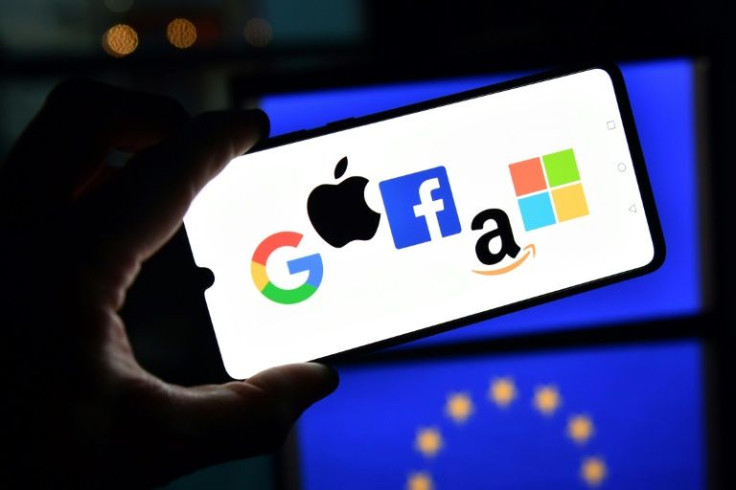Funding Shortfall Threatens Internet Access For Millions Of Low-Income Americans
In a stark announcement by the Federal Communications Commission (FCC), it was revealed that the lifeline of internet access for millions of low-income Americans is on the verge of collapse due to a critical funding shortfall.
The Affordable Connectivity Program (ACP), a vital federal initiative that provides monthly discounts on internet services to over 23 million households, including seniors, veterans, and schoolchildren, faces an uncertain future as Congress has failed to extend its funding. This impending crisis threatens to plunge countless families into economic distress and exacerbate existing inequalities in access to essential resources.

The ACP, launched in 2021 as part of pandemic relief efforts, promised qualifying low-income households discounts of up to $30 a month on internet services, with higher benefits of $75 a month allocated for households on tribal lands. The program, funded with a one-time infusion of $14 billion, has been instrumental in bridging the digital divide by making broadband services more affordable and accessible to underserved communities across the nation.
However, with the depletion of funds imminent, the FCC announced that April will mark the final month where the ACP can provide full benefits. Come May, the program will only have sufficient funds to offer partial benefits, and beyond that, it faces the stark possibility of shutting down altogether. As a consequence, ACP subscribers are bracing themselves for a significant reduction in benefits, with expectations of receiving only 46% of their usual subsidy in the upcoming month.
For millions of low-income households reliant on the ACP, the prospect of diminished benefits spells financial hardship and uncertainty. Without adequate assistance, many families may be forced to contend with the prospect of higher broadband bills or even the loss of internet services altogether. As access to the internet becomes increasingly indispensable for remote work, online education, telehealth, and staying connected with loved ones, the ramifications of this funding shortfall loom large.
The Biden administration has placed the blame squarely on congressional Republicans for obstructing efforts to extend the ACP's funding, while highlighting the urgent need for bipartisan action to safeguard Americans from higher bills and potential disconnection. While House Speaker Mike Johnson's stance on the issue remains ambiguous, Senate Majority Leader Chuck Schumer has expressed support for additional funding for the ACP, underscoring its broad bipartisan appeal.
Amid the funding crisis, the FCC has called upon internet service providers (ISPs) to step in voluntarily to mitigate the impending impact on millions of Americans. While the agency acknowledges that ISPs are not obligated to provide additional discounts, it urges them to explore alternative measures to ensure that low-income consumers' access to vital internet services is not disrupted. These measures could include offering proprietary low-cost internet plans, extending discounts, or implementing other innovative solutions to address the imminent shortfall in funding.
However, the efficacy of voluntary measures by ISPs remains uncertain, leaving many low-income households in limbo as they await clarity on the future of their internet access. With more than 20 million households enrolled in the ACP, the stakes are high, and the need for urgent congressional action is paramount to avert a looming crisis.
FCC Chair Jessica Rosenworcel has issued a passionate plea to Congress, urging immediate action to prevent the funding shortfall from derailing the ACP's critical mission. She has called for the swift passage of the bicameral Affordable Connectivity Program Extension Act, which would allocate an additional $7 billion in funding to sustain the program and ensure continued access to affordable broadband for all Americans.
As the digital divide continues to widen, the fate of millions of low-income Americans hangs in the balance. Without decisive action from Congress and meaningful intervention from ISPs, the looming funding shortfall threatens to exacerbate existing disparities in internet access and deepen economic inequality.
© Copyright IBTimes 2024. All rights reserved.






















